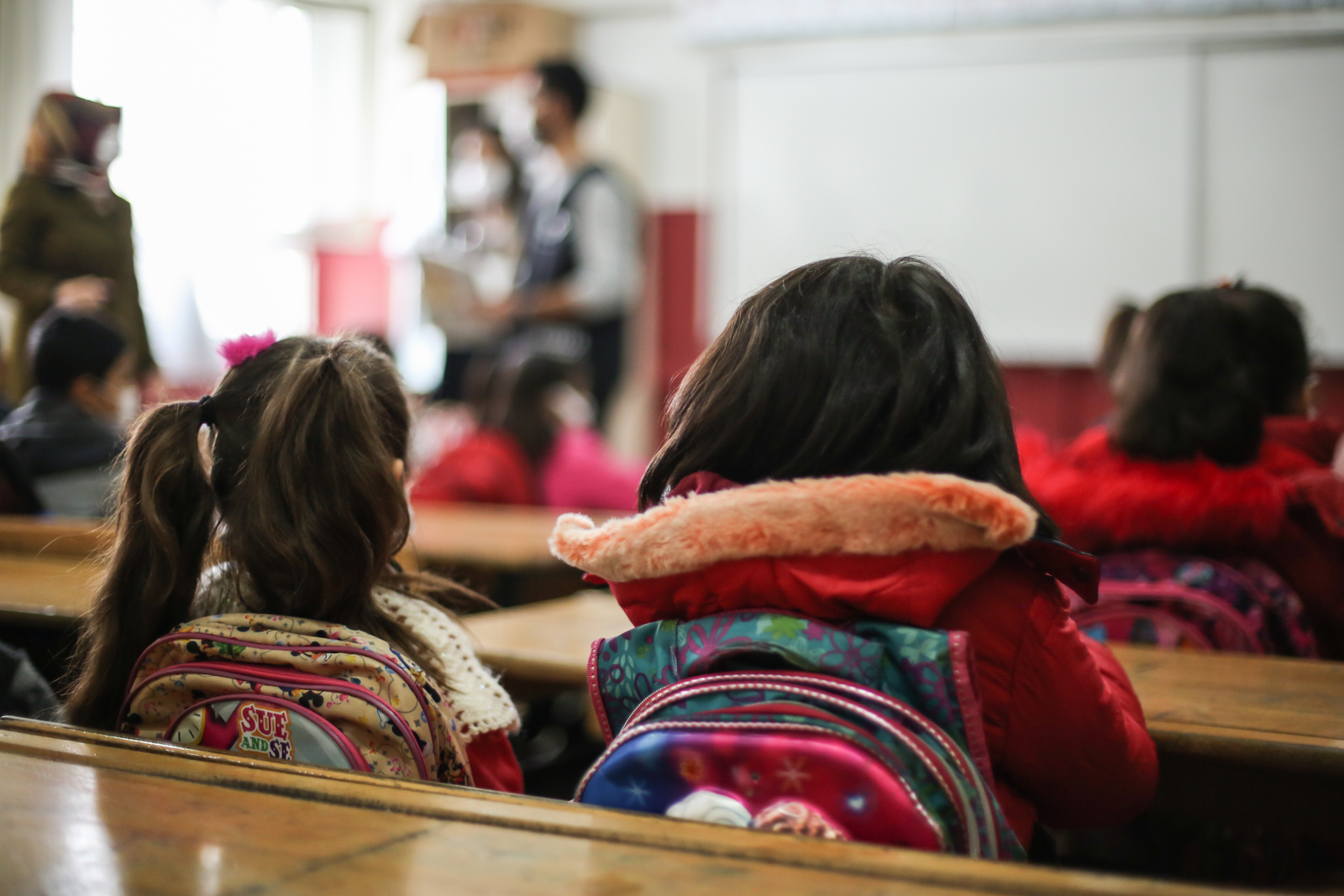
Outcry as Tanzania ‘punishes’ schoolgirl victims of sexual violence
Girls' education, Right to education
A presidential pardon for two men jailed for raping primary students came as a senior official called for pregnant schoolgirls to be arrested.
Campaigners have reacted with anger at the stance of Tanzanian leaders, which they say is punishing young girls victims of sexual violence.
President John Magufuli pardoned two men who had served 13 years in prison for raping 10 primary schoolgirls aged between six and eight.
In the same week, John Mongella – the regional commissioner of Mwanza – called for pregnant students to be arrested so they could testify against the men who had made them pregnant.
That call followed comments from Maugufuli earlier this year, when he said pregnant girls should be banned from going to school.
“Tanzania’s leaders are promoting a culture of human rights violations in which young victims of sexual violence are being punished while perpetrators are going free,” said Faiza Mohamed, Africa director of the rights group Equality Now.
Singer Nguza Viking, also known as Babu Seya, and his son Johnson Nguza, known as Papii Kocha, were given the presidential pardon for raping the girls in 2003. They had served 13 years of their life sentences.
Their release sends out “a terrible message to women and girls about the lack of protection they can expect from the state”, Mohamed told the Thomson Reuters Foundation.
The pardon – announced during the president’s independence day speech – marks the latest setback for women and girls’ rights in the country, said Agnes Odhiambo, a senior women’s rights researcher for Human Rights Watch.
“His government went to the extent of threatening NGOs lobbying for girls to be allowed to go back to school,” she said.
In June, Magufuli caused an outcry when he supported a ban on pregnant girls and teenage mothers attending state schools. He described their behaviour as “immoral”.

Tanzania has one of the highest adolescent pregnancy rates in the world, with widespread sexual violence and many girls exchanging sex for school fees, food and shelter.
A Human Rights Watch report showed more than 15,000 girls dropped out of school in 2015 due to pregnancy.
One of Theirworld’s Global Youth Ambassadors from Tanzania wrote recently about the issue of pregnant girls being kept out of school and not returning to education after the birth.
Petrider Paul said: “It is already difficult for some girls to get to school due to lack of access or even violence en route. We need to remove barriers for girls accessing and remaining in school.”
She urged people to sign a petition calling on President Magafuli to allow pregnant schoolgirls to complete their education. It has so far attracted more than 69,000 signatures.
More news

Skills for the future give young people the best chance of success
